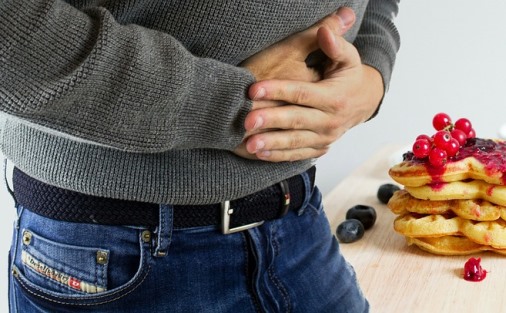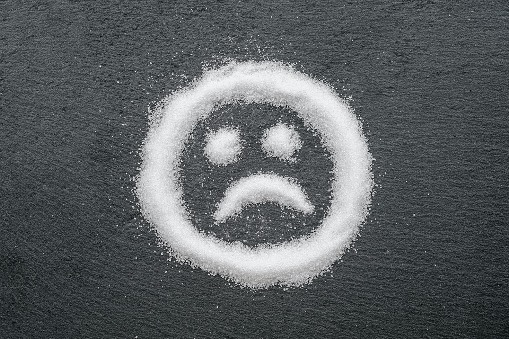- Are there any silvery scales on your skin?
- Do you have any itching sensation or redness on your in skin or scalp?
- Do you fell any joint stiffness or nail abnormalities?
MAY BE YOU HAVE PSORIASIS…
What is Psoriasis?
It is derived from a Greek word ‘Psora’ which means ‘itch’. Psoriasis is a severe, non-spreadable, dry, inflammatory and ugly skin disorder characterized by raised silvery scaly lesions (scrape). It affects both men and women equally at any age, but it commonly appears for the first time between the age of 15- 25. The most common affected sites are: scalp, tip of fingers and toes, palms, soles, under the breast and genitals, knees, elbows and lower back. Main abnormality in psoriasis is increased proliferation (generation) of skin layers. Psoriasis can also cause inflammation of joints known as psoriasis arthritis.
Types of Psoriasis
Psoriasis is mainly categorised into the following categories:
- Plaque Psoriasis: It also known as vulgaris psoriasis and it is the commonest form of psoriasis and typically characterized by circular to oval shaped red plaques distributed to the extensor body surface and the scalp.
- Flexural (inverse) psoriasis: It appears as a smooth inflamed patch of skin around the genitals, armpits and under the breast.
- Guttate psoriasis: It is characterized by numerous small red spots over the large area of the body like trunk, limbs and scalp.
- Pustular psoriasis: Appears as a raised bumps filled with pus localised mainly on the hand and feet.
- Nail psoriasis: It produces a variety of changes in the nail of the finger and toes.
- Erythrodermic psoriasis: It is widespread all over the body surface accompanied by swelling, itching and pain. It can also be fatal.
Causes of Psoriasis
The factors which aggravates psoriasis includes emotional stress, skin injury, systemic infections, intestinal upset, certain medications (like β-blockers and medicine containing lithium salt), excessive alcohol consumption and smoking.
Symptoms of Psoriasis
Symptoms of psoriasis includes loose silvery scales, itching and burning sensation, Redness of the skin, rashes on the scalp and skin, swelling, joint stiffness, raised pus filled skin bumps and nail abnormalities (discoloration).
How is Psoriasis Diagnosed?
To diagnose psoriasis, doctor will review the personal and family history. Diagnosis of the disease is based upon the appearance of the skin. No specific blood tests are recommended rather skin biopsy (doctor will take a piece of skin and view under the microscope). Appearance of silvery scalesand pin point bleeding are signs of psoriasis. X-ray or bone scan can help in diagnosing the case with joint pain in patients with psoriasis arthritis.
Ayurvedic Perspective of Psoriasis
According to Ayurveda psoriasis appears due to imbalance of primarily two doshas namely: Vata and kapha. These doshas manifest in the skin and cause accumulation of toxins deep into the tissues like rasa (nutrient plasma), rakta (blood), mansa (muscles), and lasika(lymphatic). These toxins cause contamination of deeper tissues, leading to Psoriasis.
Purification of the blood and tissue is the primary aim in Ayurveda to treat psoriasis.
Herbal Remedies of Psoriasis
Some herbs which help in treating psoriasis are Sarsaparilla, coleus forskoli, Psoralencoryliforia, Bilberry, red clover, Burdock root, Yellow dock and Wrightiatinctoria.
- Antimicrobial (ability to act against microbs)agents like Azadirahctaindica (neem), curcuma longa (laung), and calendula officinalis are used in the treatment.
- Carrier oils are mixed with oils of lavender, bergamot or calendula and massaged on the affected area to give relief from symptoms.
- Extracts of tree tea oil, oats, aloe Vera, apple cider vinegar and Cayenne peppers are used for theapplication on skin.
- Some dietary and life style modifications like avoidance of food which causes indigestion, intake of spicy and too much sour food, avoid controlling natural urges like vomiting and urination can also help in relieving.











